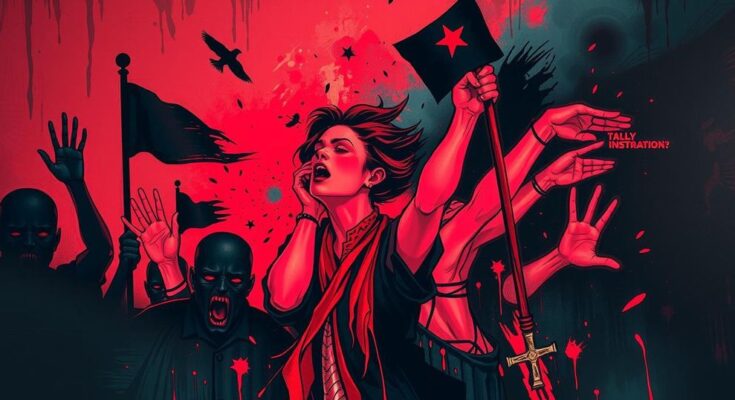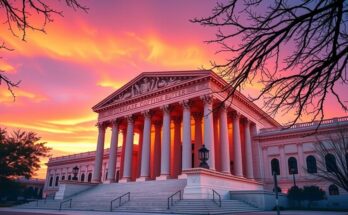Exploring the USA’s Deep-Seated Political Violence
Political violence in the United States isn’t just a modern issue; it’s woven into the very fabric of the nation’s history. The roots, deeply entrenched in Indigenous genocide, slavery, and rebellion against colonial powers, show a clear lineage of violence that has shaped American society. Unfortunately, this historical backdrop continues to define the present, as violence remains a political tool, both domestically and internationally. The recent events, including bombings in Iran and various domestic shootings, serve as reminders that America’s legacy isn’t free from bloodshed. A Continuation of Violence and Political Conflict The news cycle has been relentless in showcasing this grim reality. Just in June, there were numerous shootings, including the tragic event on June 14 when a white vigilante brutally killed former Minnesota House Speaker Melissa Hortman. Subsequently, a protest in Salt Lake City turned deadly when peacekeepers accidentally shot and killed a fashion designer while intervening in an altercation. These incidents have become normalised expressions of a society struggling with its violent tendencies. While figures like Governor Tim Walz are quick to condemn the violence, their responses often sound detached, almost like empty platitudes. It’s as if political leaders are acknowledging the issue without truly understanding the depths of its persistence. Furthermore, the context of political violence in America does not exist in a vacuum; it is a mirrored testament to historical and systemic failures. Events like the assassination of prominent activists and politicians throughout history highlight a trajectory of violence that extends back centuries. Prominent cases include the tragic deaths of figures like Martin Luther King Jr. and Malcolm X, both of whom were targeted for championing social justice. Similarly, recent tragedies like that of Jonathan Joss show the peril faced by marginalised communities in a society that often celebrates, or at least turns a blind eye to, its violent impulses. Thus, it stands to reason that as long as this cyclical violence persists—with no foreseeable end—Americans must reckon with an uncomfortable truth: that they remain bound to a history that they cannot escape. This political violence, much like an echo through time, continues to reverberate in America’s contemporary landscape.




